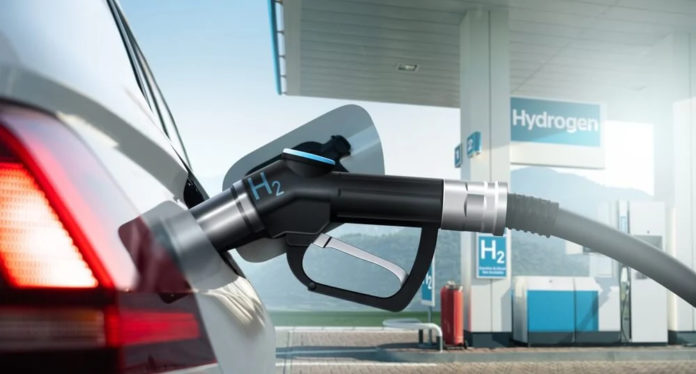As the world shifts toward cleaner energy, hydrogen is becoming a key player in decarbonizing industries. Once seen as a distant possibility, hydrogen now holds the potential to revolutionize how we power vehicles, homes, and industries with its zero-emission promise. One challenge, however, lies in efficiently producing and handling hydrogen. To tackle this, Methanol has emerged as a practical solution for hydrogen extraction, offering a more efficient way to generate this clean fuel.
The “Onsite methanol-to-hydrogen technology” is transforming hydrogen production, especially in the transport sector. Instead of needing massive infrastructure to store and transport hydrogen, this technology enables hydrogen to be produced on demand, such as at fueling stations. How it works is that methanol is mixed with water, heated, and passed over a catalyst, breaking it down into hydrogen gas and carbon dioxide. The hydrogen is then separated and used to power fuel cells, which generate electricity. This efficient process removes the need for large-scale hydrogen storage, making it ideal for hydrogen-powered vehicles, with water as the only byproduct.
Prominent companies like SENOHERS, Next Hydrogen, and M-Reformer are leading advancements in this technology by improving efficiency through proprietary catalysts and compact designs. These innovations are making hydrogen production more cost-effective and accessible.
However, the technology comes with challenges. While it reduces carbon emissions and lowers fuel costs, it requires significant upfront investments and reliable infrastructure. Therefore, progressive countries like Japan have already invested in hydrogen refueling networks, showcasing the scale of infrastructure needed for widespread adoption.
In Pakistan, methanol-to-hydrogen technology holds immense potential, especially in transport and energy. Producing hydrogen locally would reduce reliance on imported fossil fuels, boosting energy security. This shift also aligns with Pakistan’s sustainability goals by cutting greenhouse gas emissions. The country’s abundant renewable energy resources, such as wind and solar, could further support green hydrogen production, positioning the country as a leader in clean energy.
National projects like the Sindh Green Hydrogen Initiative, which aims to produce 150,000 kg of hydrogen daily using wind and solar energy, demonstrate the promising future of hydrogen in Pakistan. These efforts not only benefit the environment but also create economic opportunities and jobs.
By embracing methanol-to-hydrogen technology, the world including Pakistan can move towards a cleaner, more sustainable future, reducing emissions and enhancing energy security while driving innovation and economic growth.




